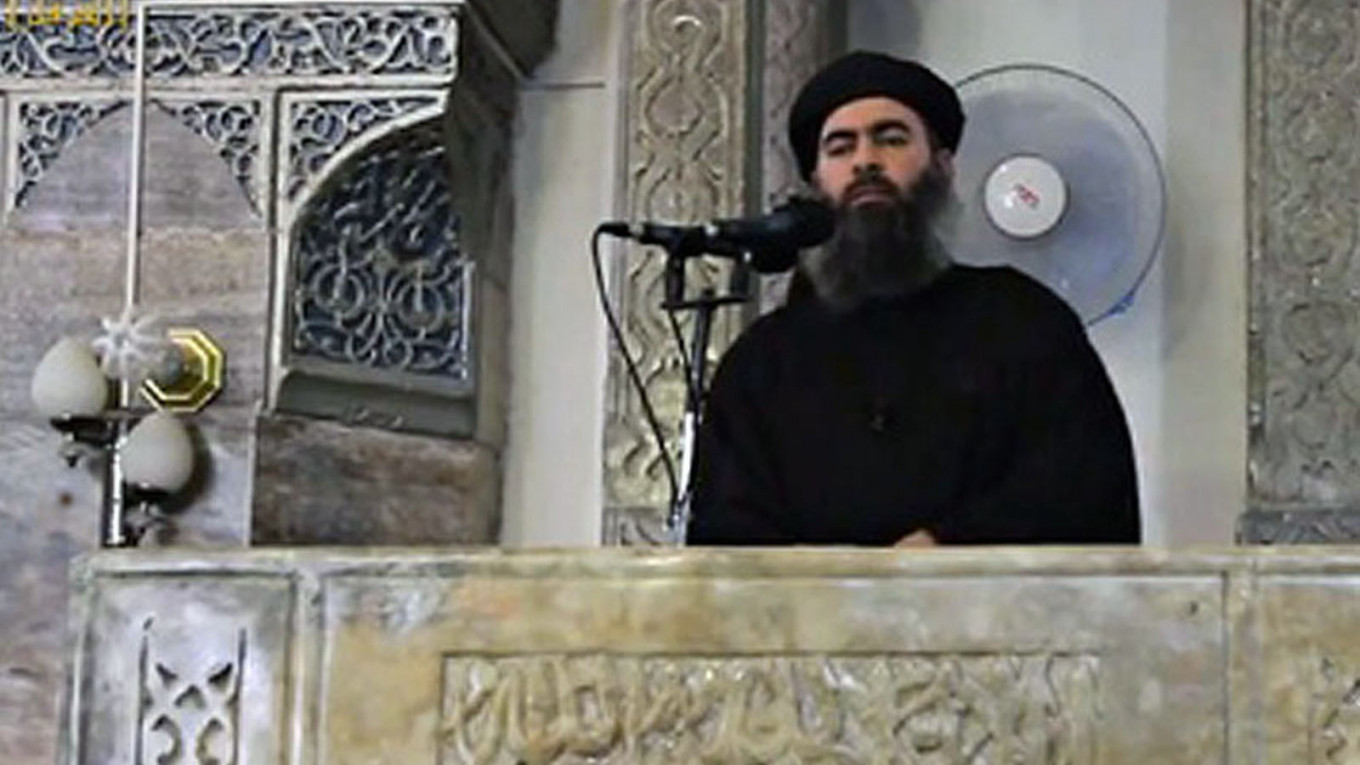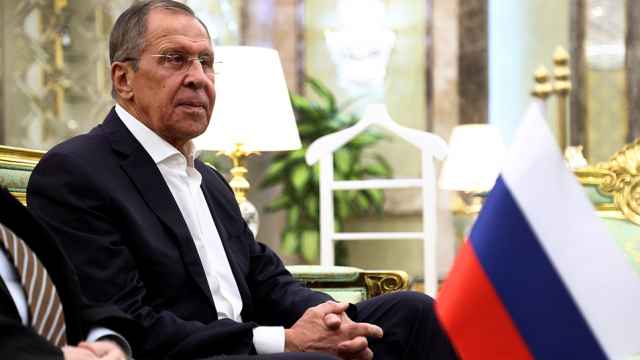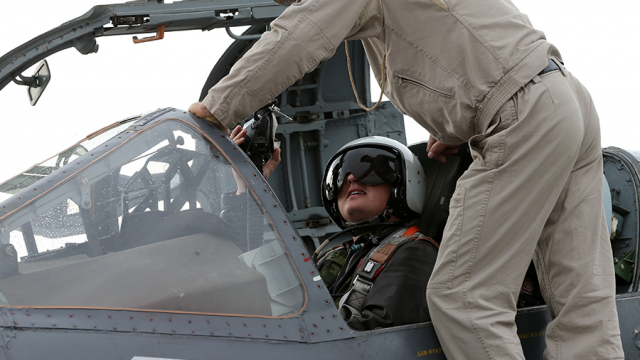I should start with the necessary warning that I don’t see myself in any way as an expert on Islamic State, although I have done a little work on their efforts to radicalize in the North Caucasus and amongst Central Asian guest workers in Russia. However, reading some of the hot takes after Abu Bakr al-Baghdadi’s death and the discussion about succession to the leadership (especially in light of the reported death of the apparent heir), I was struck that there is a certain similarity with some of the debates about what happens after organized crime structures suffer decapitating strikes, and the Russian variety in particular, given its decentralized, networked structure.
So, here are a few observations just to add to the debate, not in any way to suggest that this is definitely what will happen in IS’s case:
1. The race to anoint a quick successor, even if not the real successor. There is often a terror of a leadership vacuum and with its risks of fragmentation, demoralization and factionalism, and thus a scramble to anoint someone who has at least minimal legitimacy and capability. Often this person will turn out to be a placeholder, though, and the real successor will emerge later. So the first announced new boss may not be the person really to worry about.
2. The ugly contest. Candidates with an eye on the top job, or even simply to rise, will need quickly to demonstrate their capabilities: ruthlessness, ideological rectitude, charisma, and above all effectiveness. This opposite of a beauty contest is likely to be played out with appeals to the leadership and rank and file (we may see a bevy of new YouTube videos), but also with action to back words. We might be in for a bumpy time, as different individuals and factions carry out terrorist attacks to this end.
3. A window of opportunity. For some, this is an opportunity to rise to the top, for others a chance to seize resources, gain greater autonomy or even splinter away. Such times of transition tend also to lead to internal divisions, especially once the succession struggle is played out and a new boss — with his own favorites, allies, interests and power base — installed. Again, that can mean an upsurge in violence, but often black-on-black violence. A window of opportunity for ambitious insiders is also one for outsiders, though, as these conflicts can often create greater chances for states’s security structures to gather intelligence and even encourage internecine struggles within the group.
4. Organizational virility needs to be displayed. Ultimately, though, if we assume IS survives in a meaningful way, the new leadership will likely need to demonstrate its strength and will, and this may mean an offensive or a terrorist ‘spectacular.’
5. Degrading the job? But there is also a question as to whether a successor can ever have the same muscle as a founding leader. These days, in Russia, much is often made of the ‘crowning’ of the so-called vory v zakone, even though in reality this title is all but meaningless. Likewise, there is much debate as to who is the ‘number one thief’ even though said individual’s authority is very limited. Given the decentralized nature of IS and the shrinkage of the physical territory under its control, it may well prove that whoever ultimately succeeds al-Baghdadi will be a figurehead and spokesman more than an actual leader.
As I say, a few sideways thoughts: handle with care.
Islamic State is a terrorist organization banned in Russia.
This article was first published by In Moscow's Shadows.
A Message from The Moscow Times:
Dear readers,
We are facing unprecedented challenges. Russia's Prosecutor General's Office has designated The Moscow Times as an "undesirable" organization, criminalizing our work and putting our staff at risk of prosecution. This follows our earlier unjust labeling as a "foreign agent."
These actions are direct attempts to silence independent journalism in Russia. The authorities claim our work "discredits the decisions of the Russian leadership." We see things differently: we strive to provide accurate, unbiased reporting on Russia.
We, the journalists of The Moscow Times, refuse to be silenced. But to continue our work, we need your help.
Your support, no matter how small, makes a world of difference. If you can, please support us monthly starting from just $2. It's quick to set up, and every contribution makes a significant impact.
By supporting The Moscow Times, you're defending open, independent journalism in the face of repression. Thank you for standing with us.
Remind me later.








